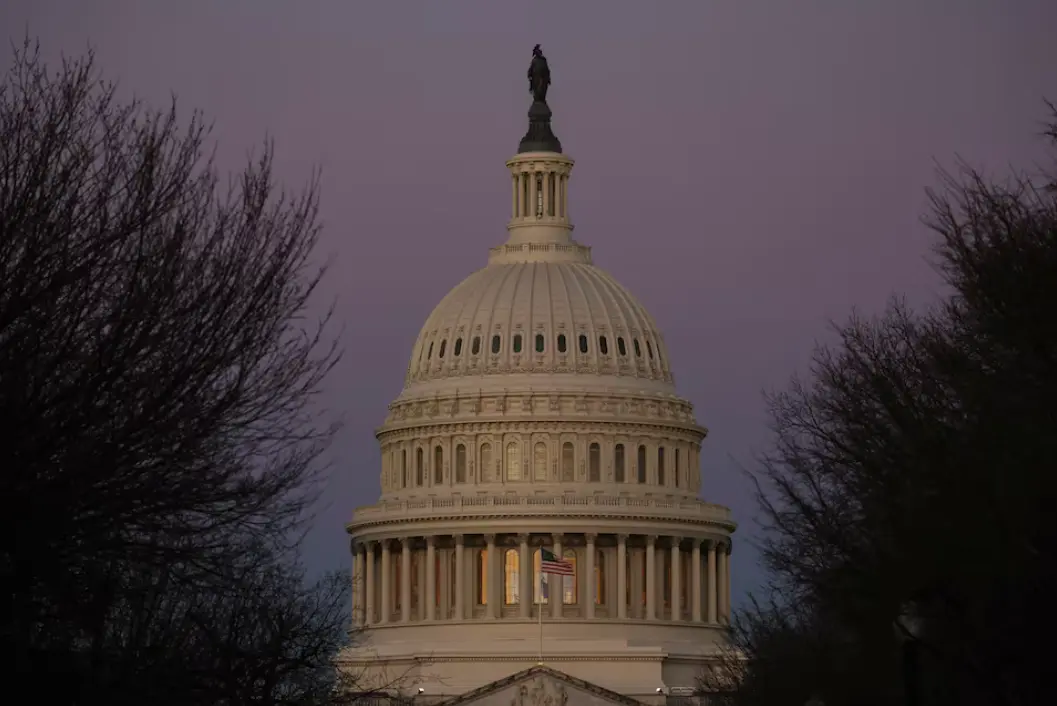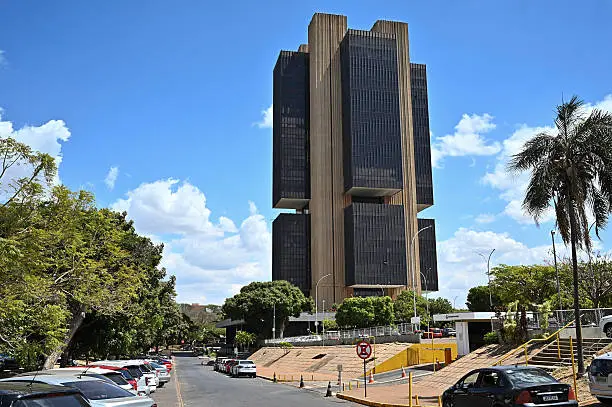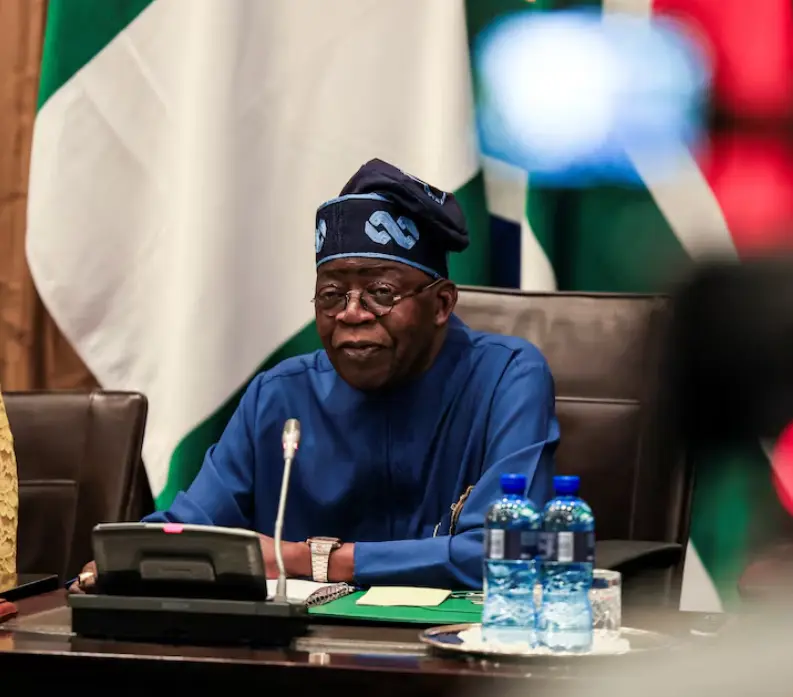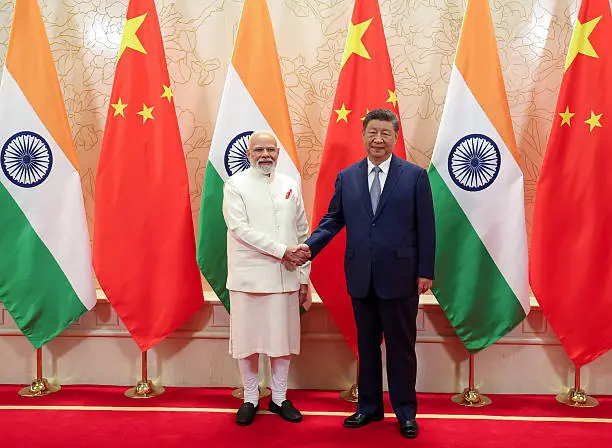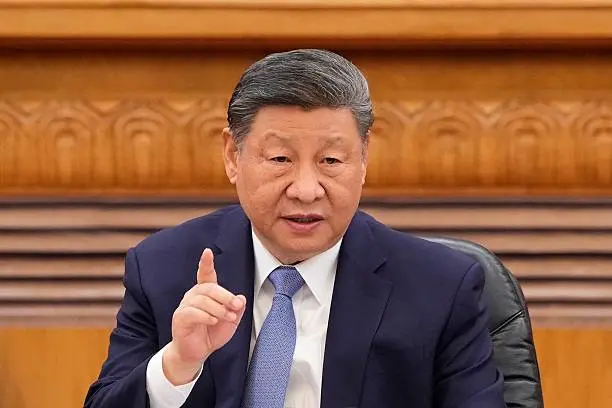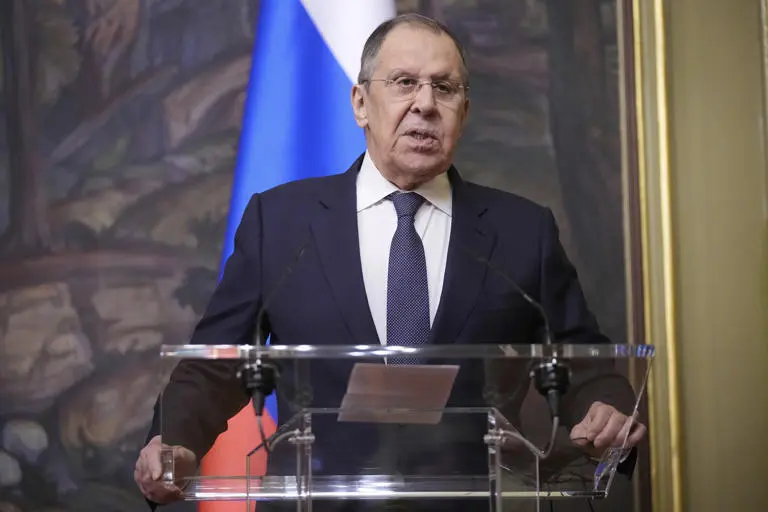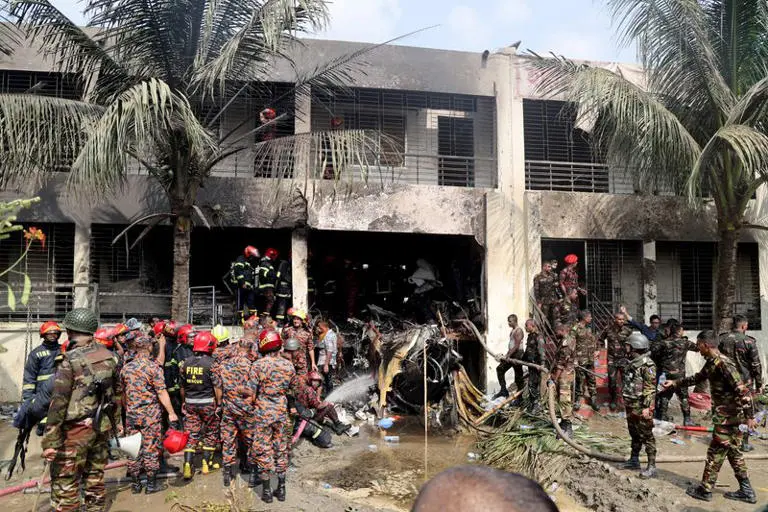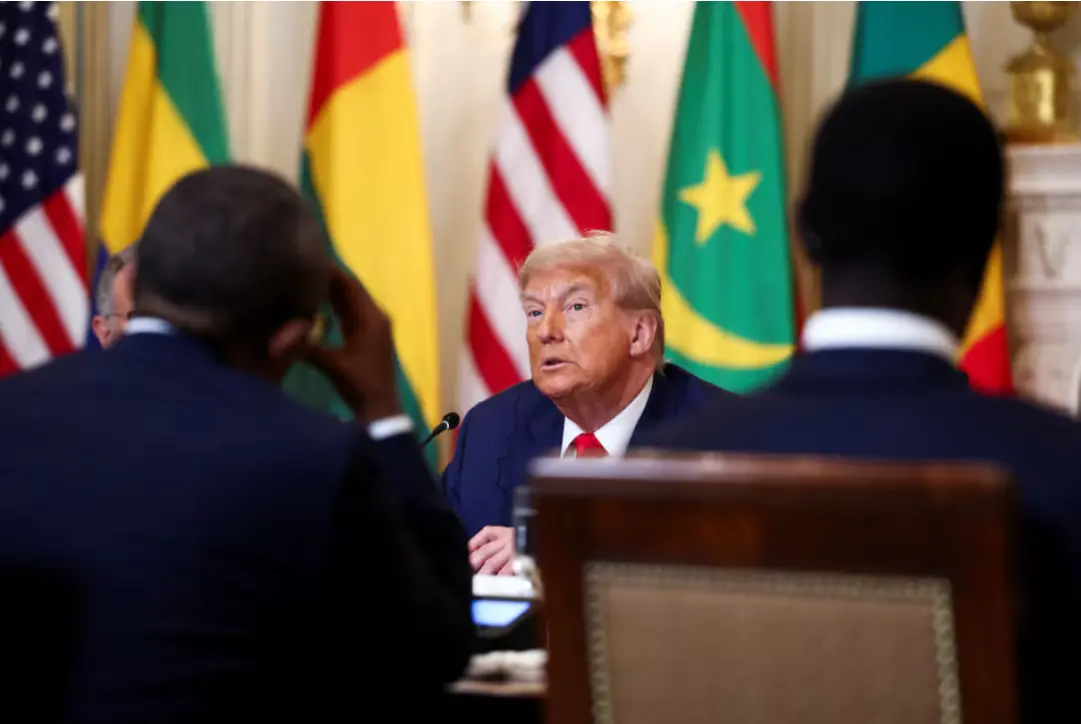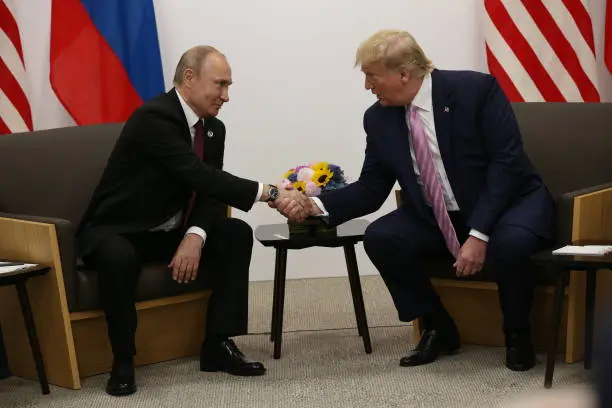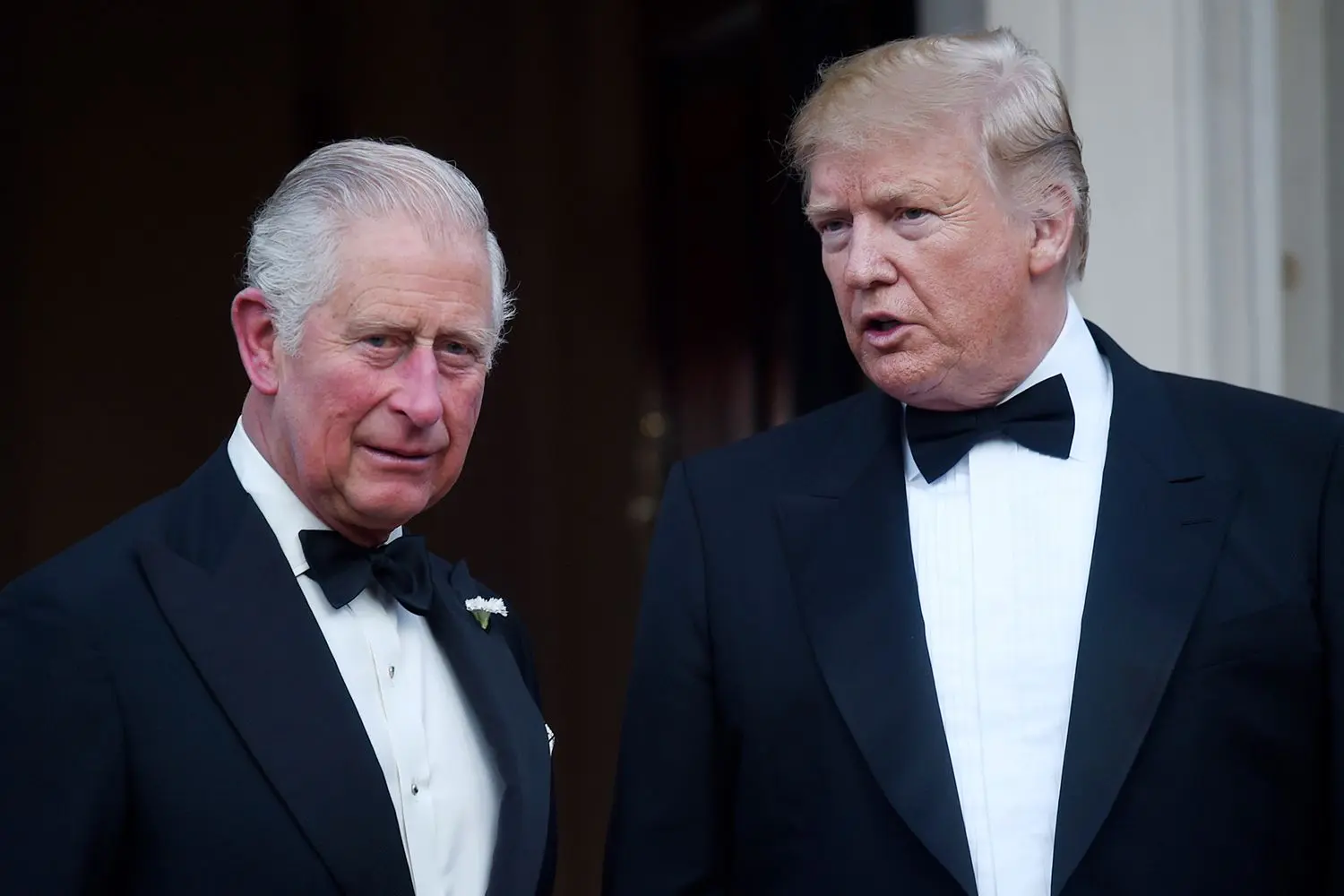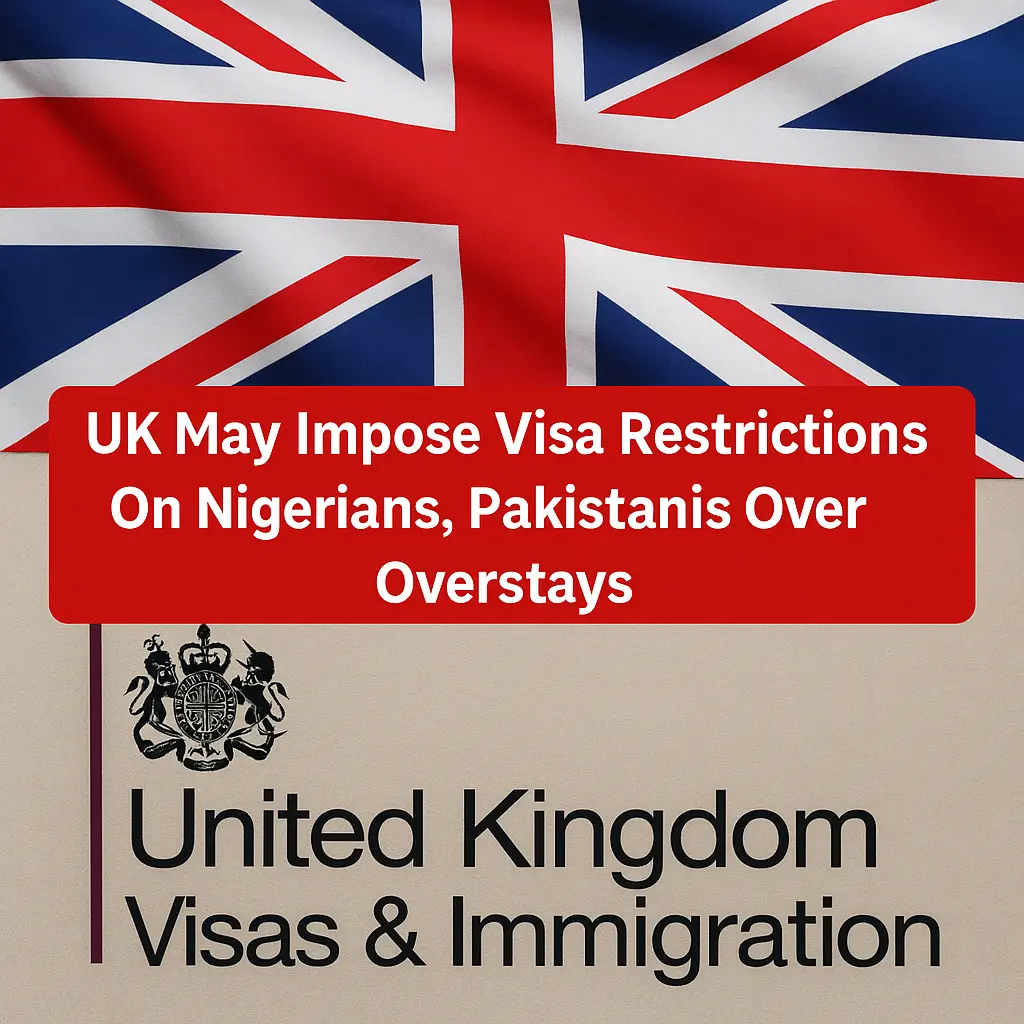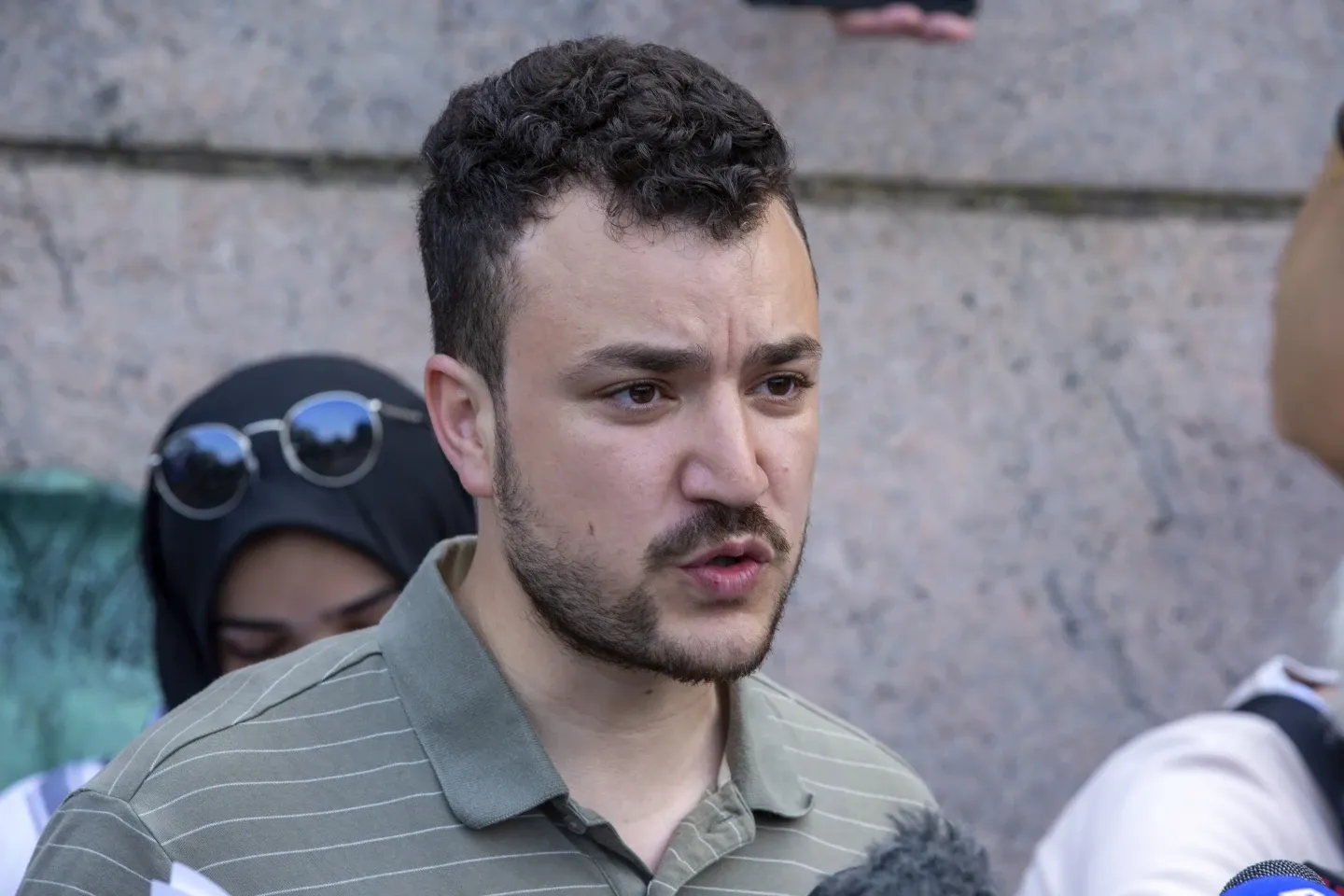
World Court Rules Mali Drone Case Cannot Proceed Without Algeria’s Consent
GeokHub
Contributing Writer
September 2025 — The International Court of Justice (ICJ) has ruled that a case brought by Mali over alleged drone strikes cannot move forward unless Algeria formally accepts the court’s jurisdiction.
Background of the Dispute
Mali had filed a complaint at the ICJ, claiming that drone attacks carried out from Algerian territory had violated its sovereignty and endangered civilians. The case was seen as part of broader regional tensions as Mali grapples with security challenges linked to armed groups and cross-border operations.
Algeria’s Position
Algeria, however, has consistently rejected the ICJ’s jurisdiction in this matter. The North African nation maintains that it has not consented to have disputes of this kind settled before the World Court.
Under international law, the ICJ can only hear disputes when all parties involved have accepted its authority. Since Algeria has not provided such consent, judges concluded that the case cannot legally proceed.
A Blow for Mali’s Case
For Mali, the ruling is a setback in its attempt to seek international legal recognition of its claims. Legal experts note that the ICJ’s decision does not address the substance of Mali’s accusations but rather the court’s authority to hear the dispute.
“Without Algeria’s consent, the court simply has no jurisdiction. That is the cornerstone principle of international adjudication,” one analyst explained.
Regional Implications
The ruling underscores the difficulties of resolving cross-border disputes in Africa, particularly when issues of sovereignty, security, and international law intersect. It also highlights the limits of the ICJ’s reach in situations where states refuse to recognize its authority.
What’s Next?
Observers say Mali may now turn to diplomatic or regional avenues, such as the African Union, in pursuit of recognition for its claims. The case also raises broader questions about the role of international courts in mediating disputes tied to military operations, drones, and counterterrorism efforts.









